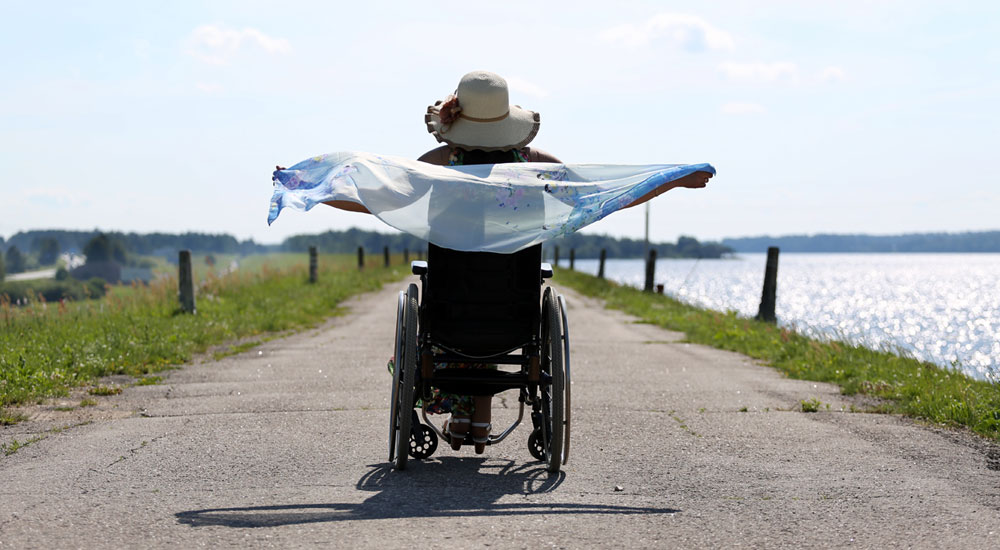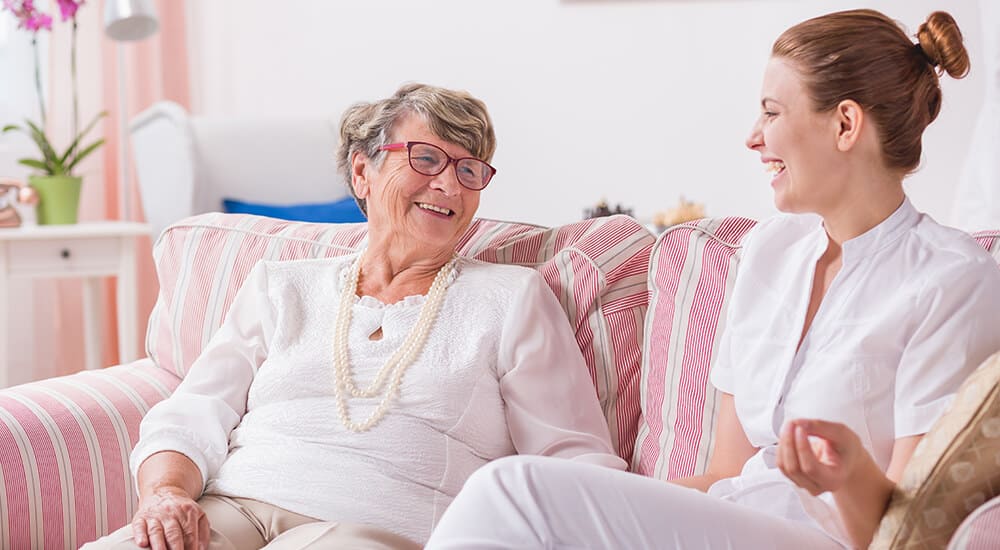Have you ever heard of the saying that goes “exercise is not just about adding years to your life, it is about adding life to your years, too”?
Indeed, studies have found that exercising is the number one contributor to life longevity – it adds extra years to one’s life. Not just that, it enhances the quality of life by boosting energy levels, maintaining independence, and managing symptoms of illnesses or pain too amongst other things.
Safe to say, an active lifestyle becomes all the more important to one’s health as we grow older.
The Health Benefits of Exercise for Seniors
1. Enhance mobility, flexibility and balance
One of the reasons seniors tend to get sedentary is due to fear of falling. After all, falling down can pose major consequences for older adults.
All the more so one should exercise. This is because exercise can actually build muscle and bone mass, thereby improving one’s strength and flexibility (also, better posture!). Incidentally, one’s balance and coordination will improve and that, reduces the risk of falling.
2. Reduce the impact of illness and chronic disease
It is no secret that exercise reduces the risk or delays development of many illnesses and diseases. Boosting cardiovascular health, it helps especially with heart disease, osteoporosis, diabetes and even depression.
These are the some of the most common (and often deadly) illnesses that plaque our seniors. Ironically, health issues are also one of the many reasons why many shy away from exercising – that their condition is stopping them from getting active.
Quite the opposite actually. Exercise can reduce the unpleasant symptoms of these illnesses and if you don’t already have them, it will even prevent and ward off such unpleasant conditions.
3. Improves brain function and emotional health
It’s not just the body – the mind and emotions of an individual will reap benefits from exercising too.
You see, the mind and the body are very much closely linked so when you have a healthy body, your brain and emotions will become positive too. Regular exercise has shown to reduce a senior’s risk of developing dementia by nearly 50% – need any more convincing to get your body start moving?
4. Maintain Independence
When you are physically and mentally healthy, naturally, you are less dependent on others.
You can still cook, dress, use the bathroom etc. by yourself so if staying mobile and independent is a huge priority, exercise is one of the best ways to maintain self-reliance for older adults, for as long as possible.
5. Maintain healthy weight and improves sleep quality
It’s no secret that the body’s metabolism slows down as one ages. Regular exercise increases that, thereby helping you to maintain a healthy weight (a challenge that we all face when we are old).
Also, exercising regularly helps you fall asleep faster and lets you sleep more deeply and soundly. Overall, improved sleep quality that makes you feel energized and refreshed in the morning.
Tips: How to Get Started AND Stay Motivated and Consistent
So yes, we know about the benefits of exercising. The thing is, starting or maintaining a consistent exercise routine can be a challenge at any age – doesn’t matter if you’re a young adult or aging senior.
If this is you, here are a few tips on how to take the first step:
Find something you like to do for exercise
Hate sweating? Window shop while you clock up the steps around the mall. Walk and play fetch with your dog, or take photographs while you are on a hike.
Just find something that you like to do, and try incorporate some workouts from them.
Do it with a friend or partner
Having a companion to exercise with will boost your motivation and help you stay on track, especially on days you feel like procrastinating. Heck, you may even look forward to your sessions as having a friend to do things with make it more enjoyable.
Live alone? Engage an in-home or personal carer. Not only can they exercise together with you, you can get some extra help around the house too with the domestic chores.
Schedule your exercise on the same time and days during the week
Having a regular exercise schedule will certainly help with staying consistent with your exercise. It makes it harder to miss a session and once you’ve made that into a routine or habit, exercising regularly will never be a challenge anymore.
The Best Exercises for Seniors
Here are some of the best exercises that are suitable for older adults:
- Yoga, pilates and taichi: not only do these improve balance and posture as well as develop core strength, thereby increase flexibility and reduce the risk of falling among older adults too
- Brisk walking, water aerobics, hiking and cycling: these ensure you get your dose of cardiovascular exercise to help lessen fatigue and shortness of breath
- Resistance band workouts: these types of strength training help prevent loss of bone mass and build muscle, thereby alleviate symptoms of osteoporosis, back pain and the likes
Even if you are chair-bound, you can still lift stretch and do chair yoga or chair aerobics. Do not think that just because you are disabled that you are ripped off the chance of exercising.
Exercises to Avoid
Having said that, some exercises may be hazardous to seniors’ health and therefore should be avoided. They include:
- Long-distance running
- High-intensity interval training (HIIT)
- Deadlift
- Abdominal crunches
- Bench press / leg press
- Rock climbing etc.
These are mainly popular mainstream workouts that are more well-suited for younger adults. If you are over the age of 65, it’s best advised that you avoid them as they may put an unhealthy strain on those with joint pain, atrophied muscles, posture problems or issues with balance.
Overall, seniors should remain as active as possible regardless of their age and physical condition. Of course, you should always listen to your body and do no overexert yourself. Live a longer, healthier and more joyous life – it is never too late to start exercising and get fit.



